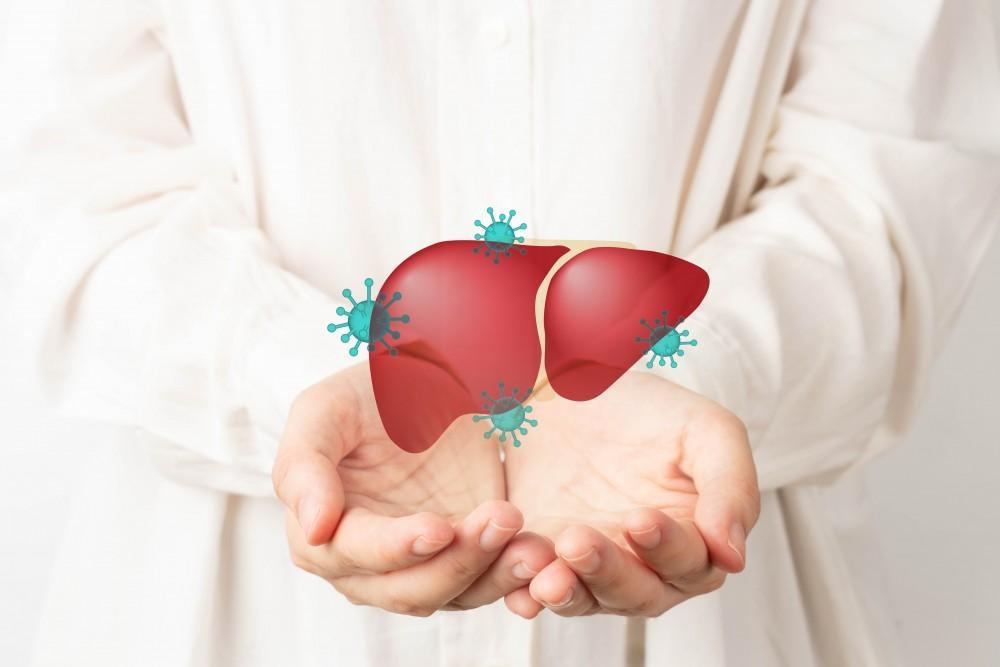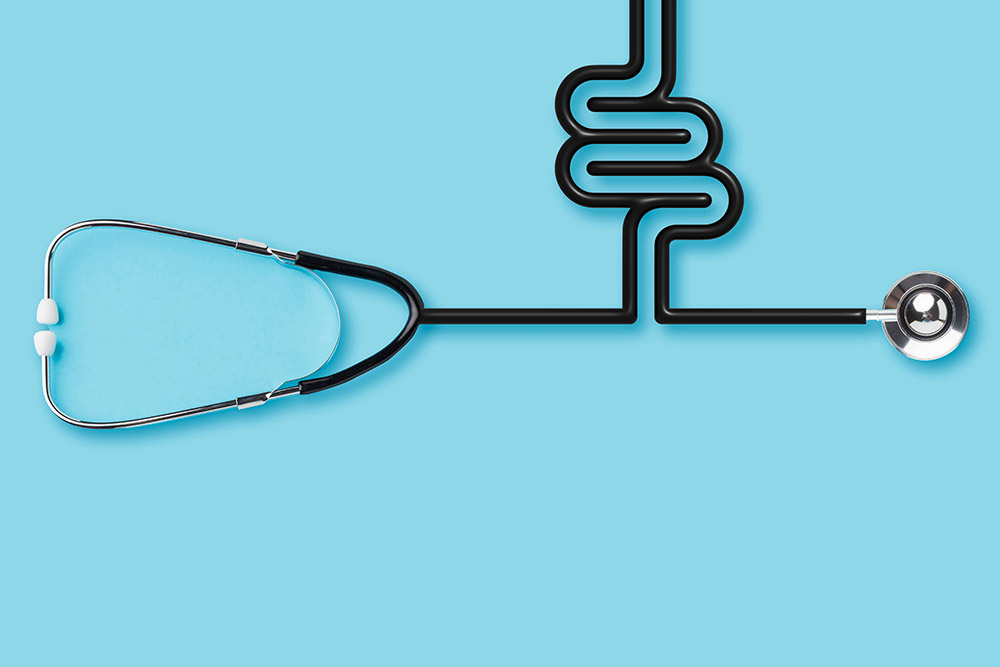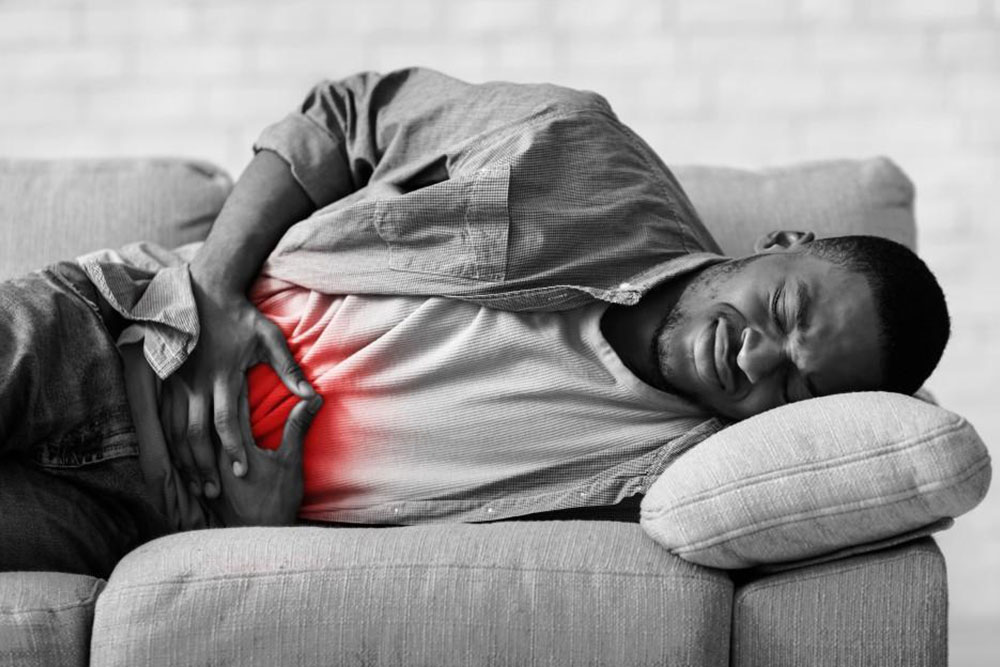What Is Intestinal Bypass and Anastomosis Status?
This condition refers to changes in your small intestine after surgery. During an intestinal bypass, part of the intestine is removed or skipped. Doctors then connect the remaining segments with a new link called an anastomosis. It's often done to treat disease or aid in weight loss. (ICD-10 code: Z98.84)
Common Causes
- Weight-loss surgery (e.g., gastric bypass)
- Crohn's disease or ulcerative colitis
- Bowel obstruction or injury
- Tumor removal in the intestines
- Radiation therapy to the abdomen
Symptoms You Might Notice
- Belly cramps or ongoing discomfort
- Frequent diarrhea or loose stools
- Bloating, gas or abdominal distension
- Unplanned weight loss or gain
- Low vitamin/mineral levels (iron, B12, etc.)
How Dr. Rishi Diagnoses Intestinal Bypass And Anastomosis Status?
Dr. Chadha uses a systematic, step-by-step evaluation:
1. Medical History & Physical Exam
He reviews your surgical records, current symptoms (pain, diarrhea, weight changes) and examines your abdomen for tenderness or distension.
2. Blood Tests
Panels check for anemia, vitamin D, B12 and iron deficiencies, protein levels and electrolyte imbalances that often accompany malabsorption.
3. Stool Studies
Analysis for infection, inflammation markers, and fecal fat helps rule out bacterial overgrowth and quantify malabsorption.
4. Cross-Sectional Imaging
- CT scan or MRI enterography to detect obstructions, internal hernias or leaks at the anastomosis.
- Contrast small-bowel follow-through to visualize flow through the bypass and check for strictures.
5. Endoscopic Assessment
An upper endoscopy or balloon-assisted enteroscopy allows direct visualization of the anastomosis site, helping identify ulcers, strictures or marginal leaks.
Frequently Asked Questions
What is an intestinal bypass and anastomosis?
It's when your intestine is rerouted and reconnected after surgery.
Is it only for weight loss?
No. It's also done for bowel disease, blockages, or injury.
What does Z98.84 mean?
It's the medical code for a past intestinal bypass.
How long does recovery take?
Most people feel better in 4-6 weeks, but full healing can take months.
Do I need vitamins forever?
Yes, in many cases. Your body may not absorb enough nutrients on its own.
How can I manage diarrhea?
Changes in diet and medications can help control it.
When should I see a doctor?
Call us if you have bad belly pain, dehydration, or fast weight loss.
Is balloon dilation safe?
Yes. It's a simple, low-risk procedure done under sedation.
Is this care covered by insurance?
Most insurance plans cover visits, tests, and follow-up care.
How do I get ready for an endoscopy?
Fast for 6-8 hours and follow the clear-liquid instructions we provide.











